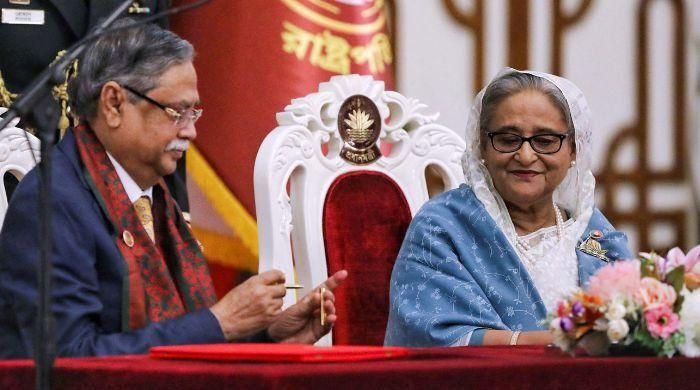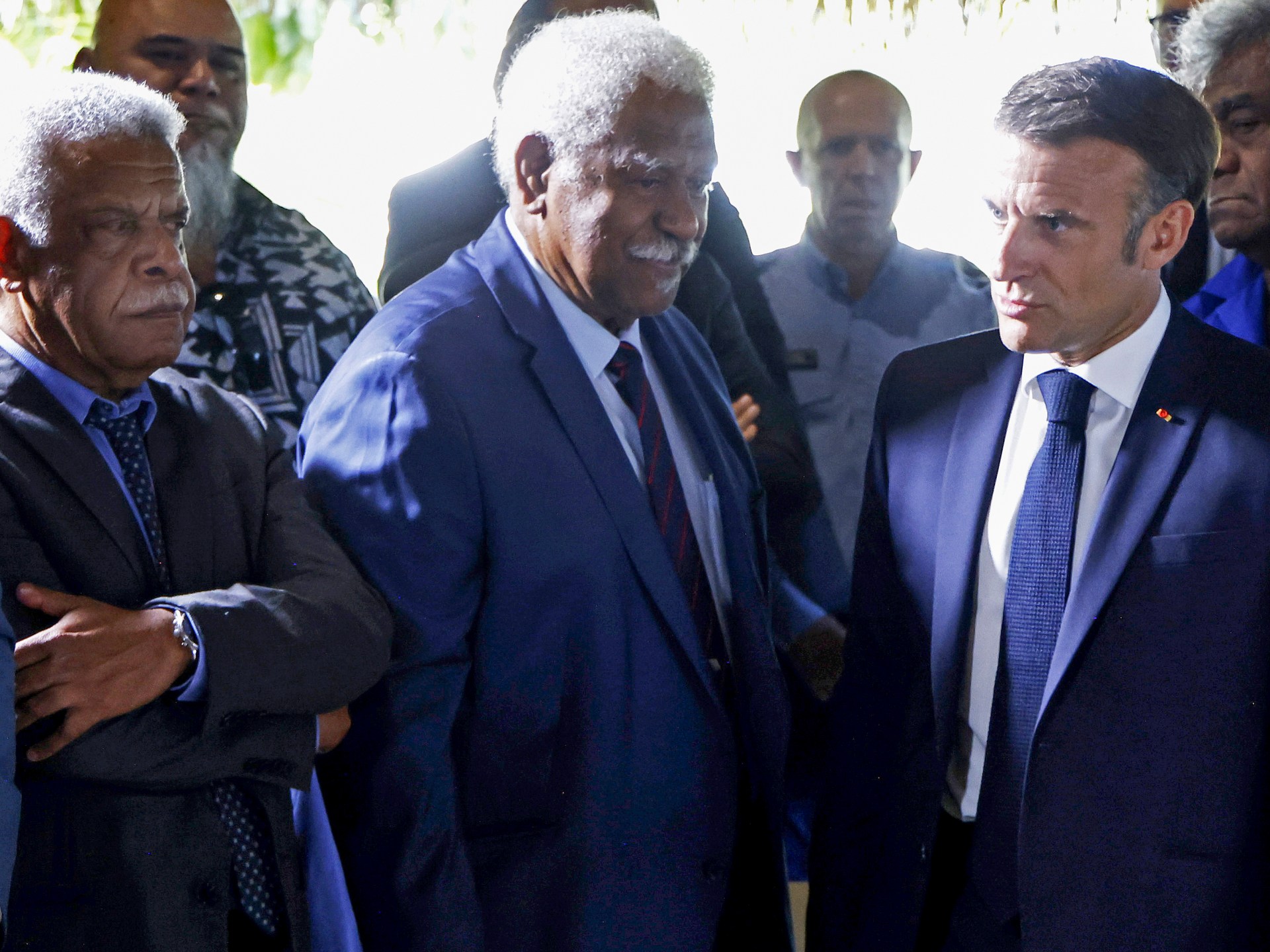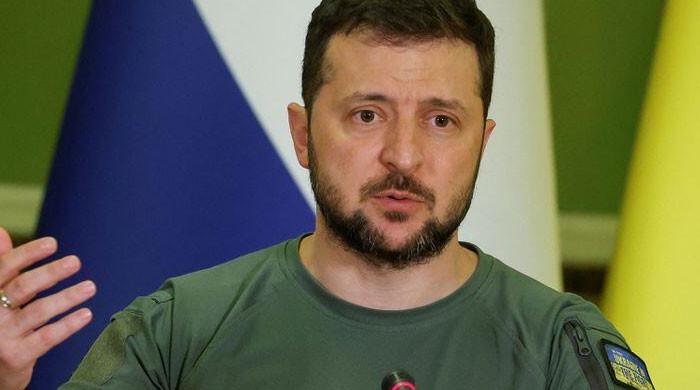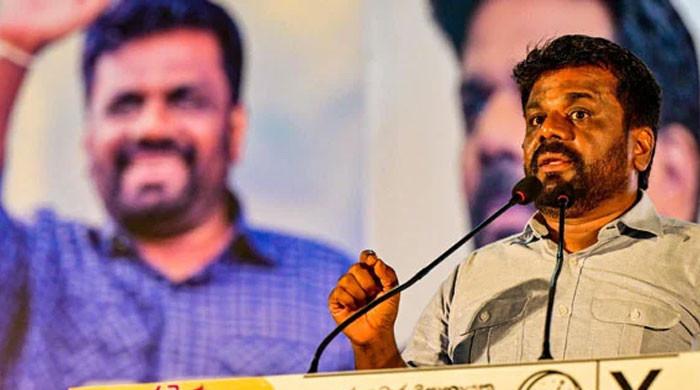NEW DELHI: Four weeks after former Prime Minister Sheikh Hasina fled Bangladesh by helicopter during a student-led revolution, analysts say she has become a diplomatic headache for her hosts in India.
Bangladeshi students who led the uprising are demanding she return from India, her biggest benefactor before her ouster, to stand trial for killing protesters during the revolt.
But sending the 76-year-old back risks undermining India's standing with its other South Asian neighbours, where it is fighting a fierce battle for influence with China.
“It's clear that India will not want to extradite her to Bangladesh,” said Thomas Kean of the International Crisis Group, a think tank on conflict resolution.
“The message it would send to other leaders in the region who are close to New Delhi would not be very positive. […] “In the end, India will not protect them,” he said. AFP.
I want a good relationship
Last year, New Delhi saw its preferred presidential candidate in the Maldives lose to a rival who immediately tipped the balance in Beijing's favour towards the strategically located luxury tourist destination.
Hasina's ouster has left India with the loss of its closest ally in the region.
Those who suffered under Hasina's rule in Bangladesh are openly hostile to India for the abuses committed by her government.
That hostility has been simmering through megaphone diplomacy conducted by Hindu nationalist Indian Prime Minister Narendra Modi and directed toward Bangladesh's interim administration.
Modi has pledged his support to the government that replaced Hasina, led by Nobel Peace Prize winner Muhammad Yunus, 84.
But Modi, who has made defending the Hindu faith a key element of his tenure, has also repeatedly urged Yunus' administration to protect Bangladesh's Hindu religious minority.
Fakhrul Islam Alamgir, a senior leader of the Bangladesh Nationalist Party (BNP), said India had put “all its fruit in one basket” by backing Hasina and did not know how to reverse course.
“The people of Bangladesh want a good relationship with India, but not at the cost of their interests,” said Alamgir, one of thousands of BNP members arrested during Hasina's tenure. AFP.
“India's attitude is unfortunately not conducive to building trust.”
Such is the atmosphere of mistrust that when deadly floods swept through both countries in August, some Bangladeshis blamed India for the resulting deaths.












